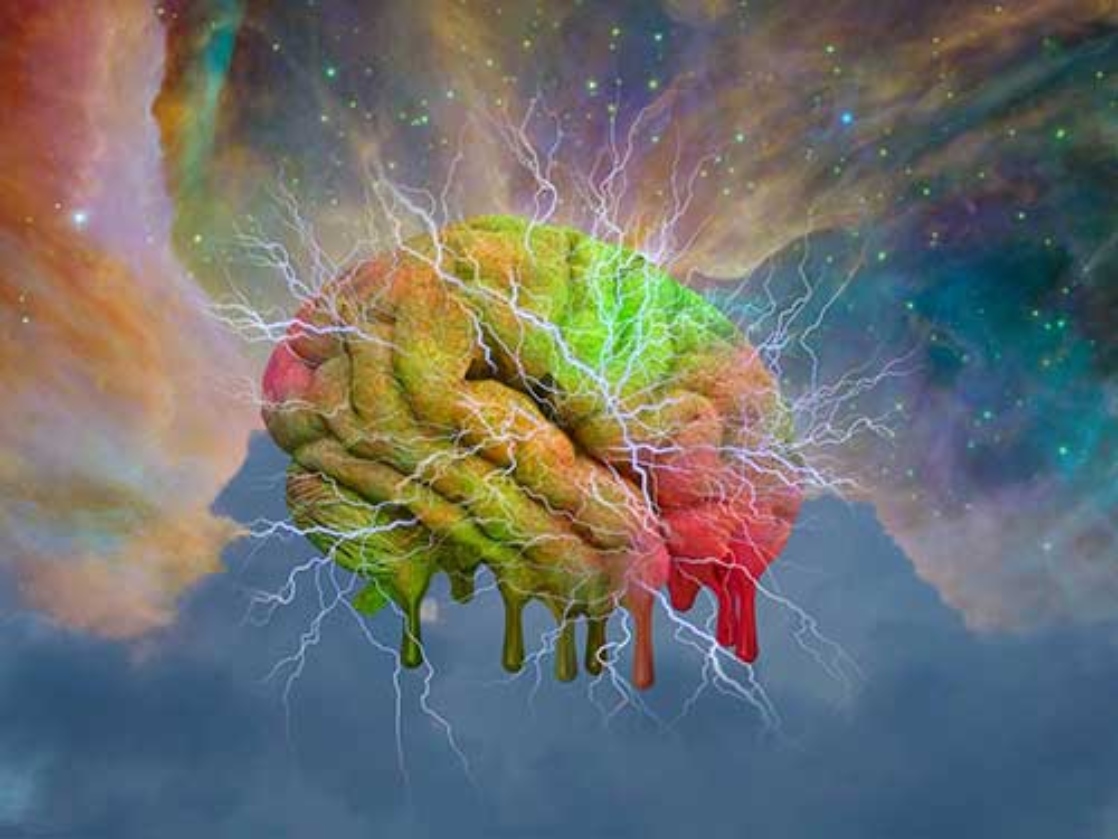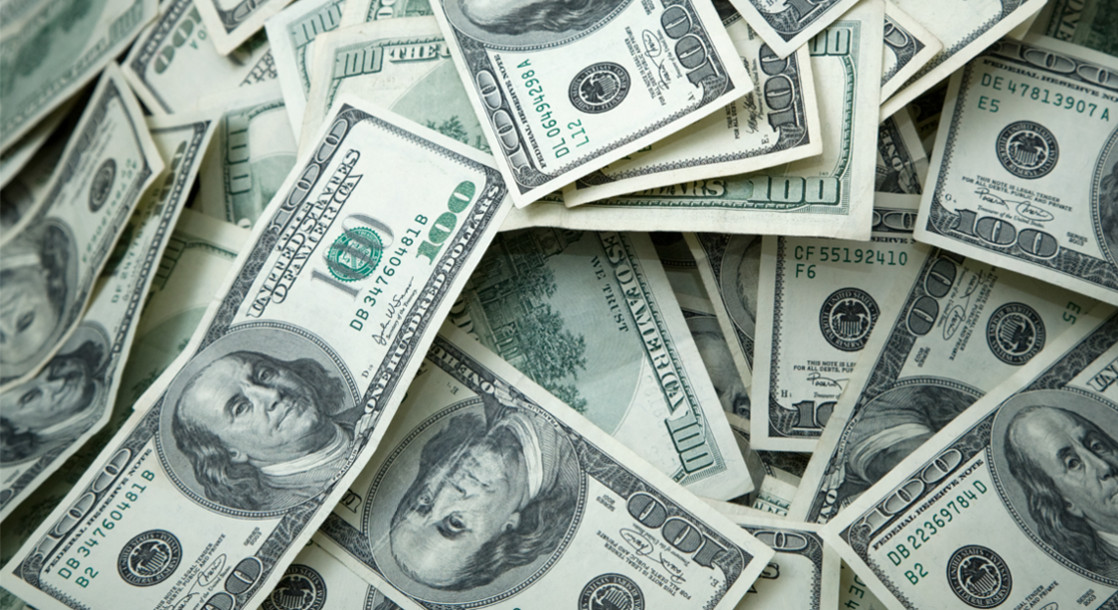The heads of the Food and Drug Administration (FDA) and the National Institutes of Health (NIH) have acknowledged the therapeutic potential of psychedelic drugs ranging from LSD to ketamine in a letter discussing the status of research on these drugs in the US.
The letter was written in response to an inquiry from Hawaii Senator Brian Schatz, who asked whether the government had plans to research or approve psychedelic drugs for medical use. In his letter, Schatz wrote that “studies have found the benefits of the controlled use of psychedelics in psychotherapy programs, including the benefits of lysergic acid diethylamide (LSD) to reduce anxiety for patients with life-threatening diseases, and the safety and efficacy of ketamine, MDMA, psilocybin, LSD, and ibogaine in clinical trials,” Marijuana Moment reports.
Related Gallery:
In response, acting FDA commissioner Norman Sharpless and NIH director Franics Collins acknowledged that most of the drugs in question did indeed show therapeutic promise, and could help researchers discover “mechanisms of illness and possible interventions, ultimately leading to novel treatments with fewer side effects and lower abuse potential.”
The letter went on to describe the results of federally-funded studies in which scientists were able to observe the molecular structure of LSD bind to receptors of the brain. The first-time insights provided by this study “may hold clues to the roots of psychopathology and consciousness and may accelerate the discovery of new treatments for serious mental illnesses such as schizophrenia and depression,” the letter reads.
Further research is being done on MDMA, which has already shown promise in the treatment of PTSD and anxiety. Collins and Sharpless explained that researchers are attempting to understand exactly how the drug produces its psychoactive effects, with an aim of creating new drugs “with improved safety or efficacy profiles and reduced abuse liability.”
Research on ketamine, a Schedule III drug that was approved by the FDA back in 1970, has advanced well beyond the preliminary stage. The letter notes that the drug “is emerging as a potential rapid-onset intervention for acute suicide risk and treatment-resistant depression.” This March, the FDA approved Spravato, a ketamine-derived antidepressant nasal spray.
Related Gallery:
Sharpless and Collins also went on to describe potentially negative side-effects associated with each of these drugs, including the disassociation and sedation caused by ketamine, withdrawal symptoms associated with MDMA treatments, and “intensified feelings and sensory experiences, and changes in the perception of time” caused by LSD or psilocybin.
The letter expressed even more concern over ibogaine. Although preliminary research has shown that this natural plant-based medicine can help treat opioid addiction, researchers also discovered a number of serious health risks. Ibogaine can be toxic to the nervous system or the muscles of the heart, presenting a risk of fatality for users. For this reason, the officials concluded that ibogaine does not have therapeutic potential.
Despite their acknowledgement of the therapeutic potential of most of these drugs, the FDA and NIH heads said they are “not currently recommending a transfer of any Schedule I psychedelic drugs to any of the schedules applicable for drugs having a currently accepted medical use in the United States.” However, the officials did state that they were continuing to allow research on these drugs, and would be open to make rescheduling recommendations based on this research.
A recent legislative measure championed by New York Rep. Alexandria Ocasio-Cortez would have removed a federal budget rider that restricted research into Schedule I drugs like LSD, MDMA, or psilocybin. Unfortunately, this measure was defeated in the House with strong bipartisan opposition.











